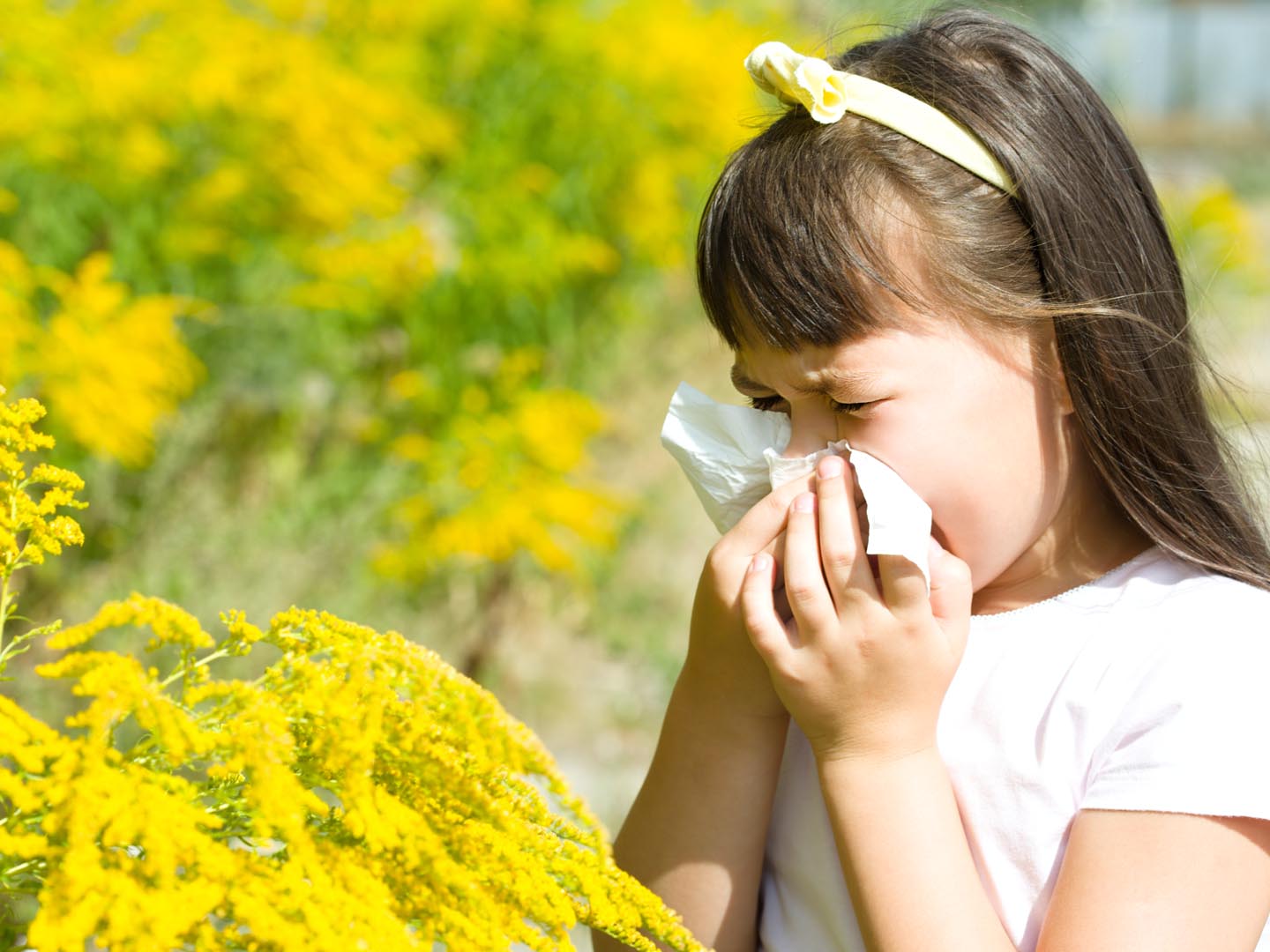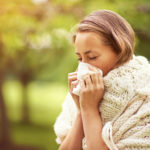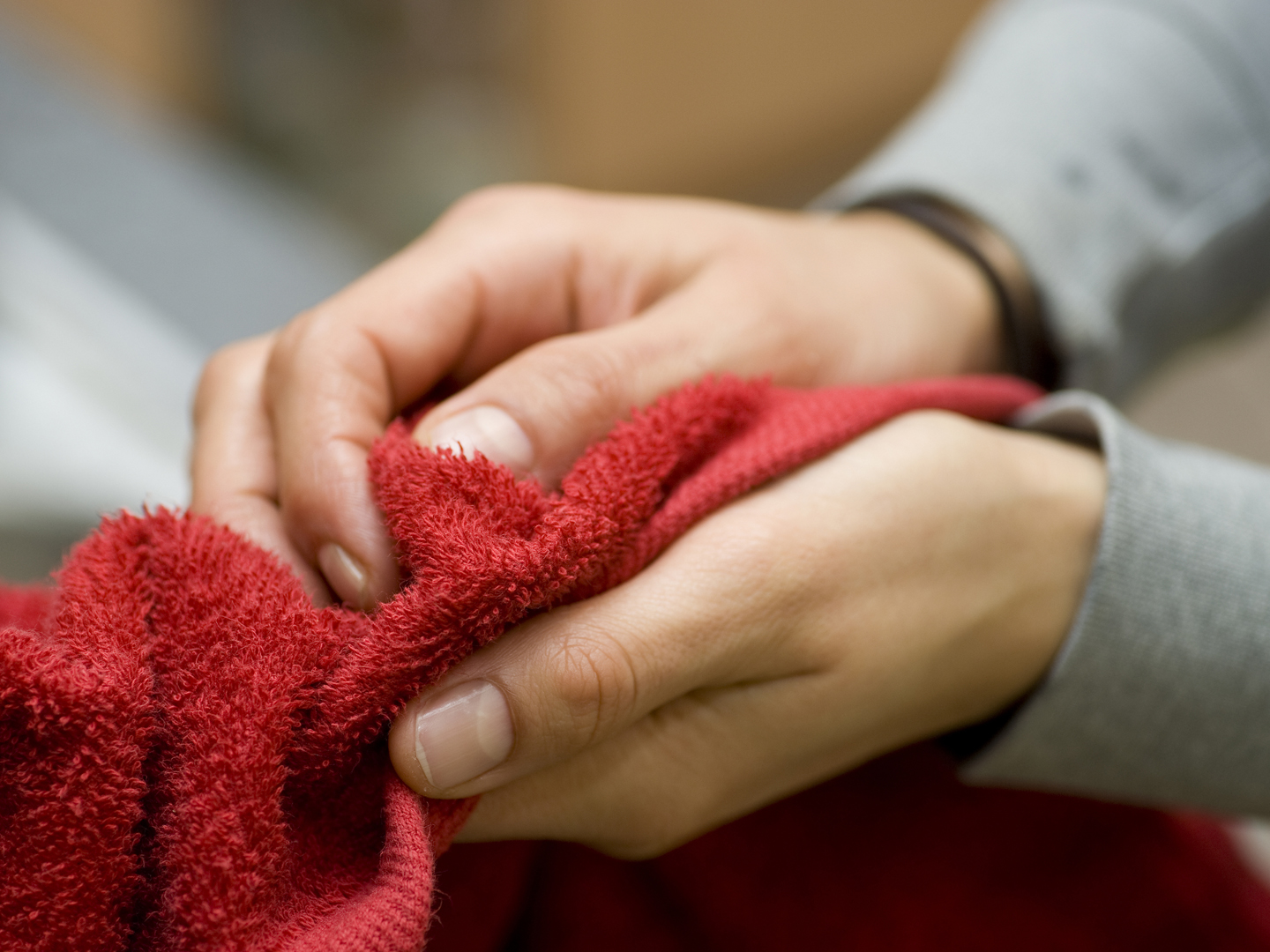Cold Bugging You?
My roommate is trying to convince me that you can’t catch a cold from cold weather. She says it is all about germs. I’ve been told my whole life that you get a cold from being out in the cold. Who is right?
Andrew Weil, M.D. | November 7, 2003

Your roommate wins this one. Colds are caused by viruses. There are more than 200 different viruses that cause the common cold. Some, such as the rhinovirus, are responsible for 30-35 percent of all adult colds, mostly those that occur in the early fall, spring and summer. Another common type, Coronavirus, is probably to blame for most winter and early spring colds.
Over the years the impact of cold weather on colds has been studied repeatedly. According to the National Institute of Allergy and Infectious Diseases, none of the many studies it has funded has shown that weather conditions or getting chilled or overheated affect either the development or severity of colds. However, the weather may play an indirect role. For example, most viruses that cause colds survive better when humidity is low, as it tends to be in the fall and winter. Cold weather may also promote drying of the nasal membranes making them more vulnerable to infection. In addition, people tend to spend more time indoors when the weather is cold, thus increasing the chance for exposure.
Factors other than weather that may predispose you to pick up a cold virus include psychological stress and allergies affecting the nose and throat. Try these tactics to avoid the bugs:
- Wash your hands frequently, especially when you’ve been in public areas or around someone who has a cold.
- Don’t touch your nose or eyes (this may transmit respiratory secretions picked up from surfaces or the air to vulnerable tissues).
- When possible, avoid people who have a cold until the fifth day of the infection, when they should be less infectious.
Andrew Weil, M.D.









